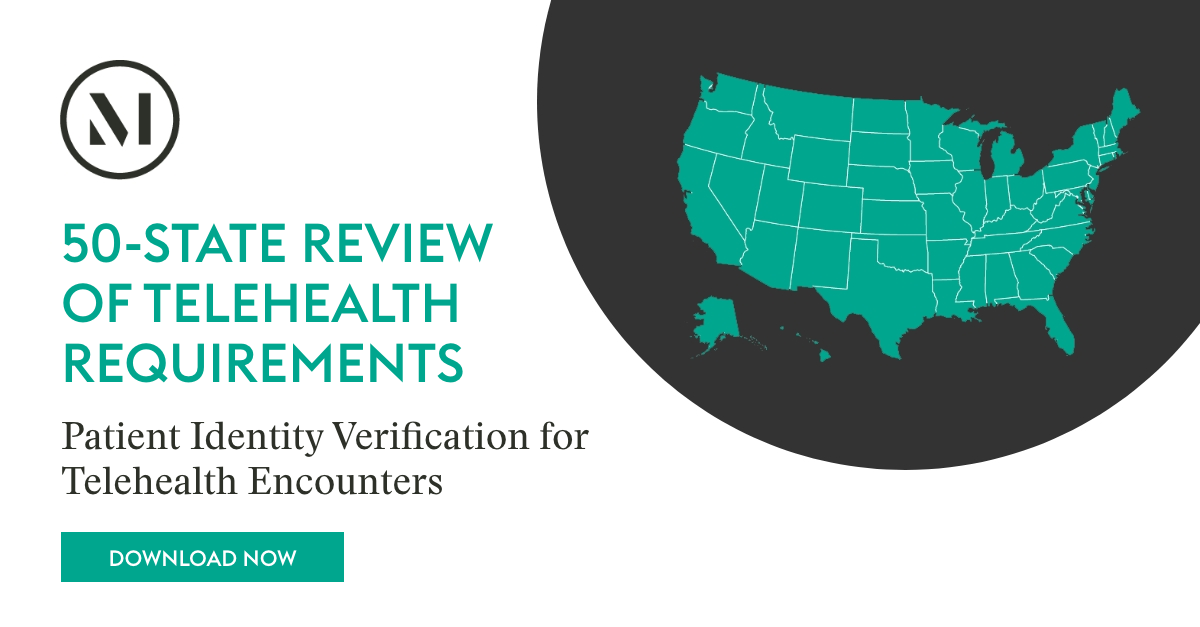Trending in Telehealth is a new series from the McDermott Digital Health team in which we highlight state legislative and regulatory developments that impact the healthcare providers, telehealth and digital health companies, pharmacists, and technology companies that deliver and facilitate the delivery of virtual care.
Trending in the past week:
- Interstate Compacts
- Medicaid Reimbursement
- Prescribing
- Health Practitioner Licensing
- Behavioral Health
A CLOSER LOOK
Finalized Legislation & Rulemaking:
It was a relatively slow week for finalized legislation and rulemaking, with the exception of significant activity in Utah:
- House Bill 159 (HB 159) provides that healthcare practitioners who are licensed outside of Utah may temporarily provide telemedicine services to individuals within the state of Utah if such practitioners receive a temporary telemedicine license. Utah will issue a temporary telemedicine license if a healthcare practitioner completes an application for license by endorsement from the applicable licensing agency and the agency determines that it will not be able to process the application within 15 days after submission.
- Senate Bill 269 (SB 269) requires the Utah Department of Health and Human Services to apply for a Medicaid waiver and, if the waiver is approved, contract with a single entity to provide coordinated care through certain virtual and electronic services, including telemedicine, video-consults and in-home biometric monitoring, for qualified individuals with certain chronic conditions.
- House Bill 166 (HB 166) allows for the provision of remote mental health therapy or substance use disorder counseling to Utah patients subject to certain conditions, including but not limited to:
- The practitioner may not prescribe drugs unless she obtains a license in Utah to do so.
- The practitioner must know how to access emergency services and resources in Utah, and must be aware of applicable laws and rules regarding required or permitted reporting or disclosure of confidential client communications.
- The practitioner must notify the Utah Department of Health and Human Services that she is providing such remote services within one day of providing the services.
- The practitioner must obtain a Utah license within nine months after the day on which she first provides the services remotely in Utah, or if she provides the services remotely to more than one client in Utah.
- House Bill 152 (HB 152) repealed certain sections of law to clarify that healthcare professionals offering telemedicine services may not diagnose a patient, provide treatment or prescribe a drug based solely on an online questionnaire, an email message or a patient-generated medical history.
Legislation & Rulemaking Activity in Proposal Phase
Highlights:
- In Montana, a proposed bill (SB 155) would enact the Occupational Therapy Licensure Compact. The compact would ease licensing requirements for occupational therapists providing telehealth services in Montana and facilitate interstate exchanges of licensure and disciplinary information regarding providers between the states that join the compact.
- In Arizona, a proposed bill (SB 1457) would permit licensed psychologists to prescribe [...]
Continue Reading
read more

 Subscribe
Subscribe


